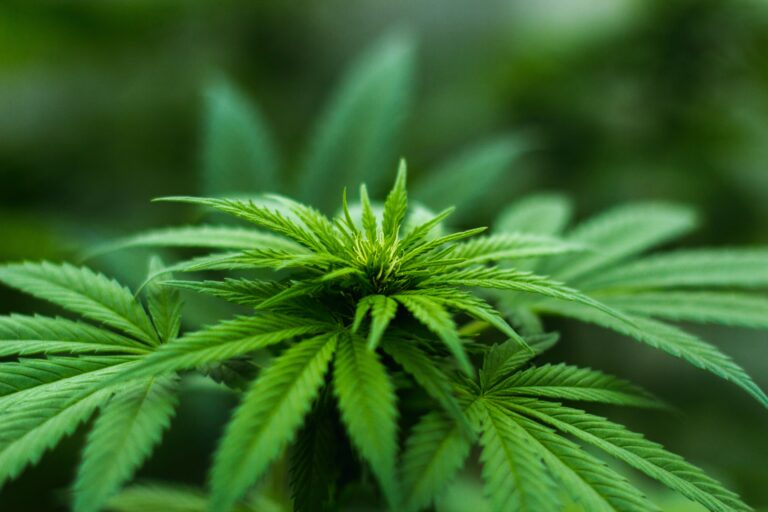What is the legality of cannabis in Colombia?
In Colombia, cannabis is legal for medical and scientific purposes, and the possession of small amounts for personal use has been decriminalized. In 2016, Colombia legalized the cultivation, production, and export of medical cannabis, positioning the country as a potential global leader in the medical cannabis market. However, the recreational use of cannabis remains illegal, and trafficking or selling large quantities of the drug is punishable by law.
What is the public opinion on cannabis in Colombia?
Public opinion on cannabis in Colombia is diverse, with some people advocating for the full legalization of the drug, while others remain opposed to its use. Many Colombians recognize the potential benefits of the medical cannabis industry for the country’s economy and job creation. However, there are concerns about the potential negative social and health impacts associated with the recreational use of cannabis. As a result, the debate over cannabis legalization continues, with various political and social groups expressing their views on the matter.
What are the penalties and enforcement for cannabis in Colombia?
While the possession of small amounts of cannabis for personal use is decriminalized in Colombia, individuals caught with more than the legal limit (20 grams) may face criminal charges. Trafficking or selling large quantities of cannabis can result in severe penalties, including lengthy prison sentences. The Colombian government has implemented strict regulations and enforcement measures to prevent the illegal cultivation, production, and distribution of cannabis, focusing on dismantling drug trafficking organizations and promoting alternative development programs for rural communities affected by illicit drug production.
What is cannabis called in Colombia?
In Colombia, cannabis is commonly referred to as marijuana or mota. Additionally, various regional slang terms and expressions are used to describe the drug, such as ganja, hierba, or pasto.
What is the legal status of CBD in Colombia?
Cannabidiol (CBD), a non-psychoactive compound found in cannabis, is legal in Colombia. The country’s medical cannabis legislation permits the production, distribution, and export of CBD products for medical and scientific purposes. Colombian companies are allowed to produce CBD oil, capsules, and other products, and these can be prescribed by doctors to patients with qualifying medical conditions.
Is medical cannabis legal in Colombia?
Yes, medical cannabis is legal in Colombia. The country’s medical cannabis laws permit the cultivation, production, and distribution of cannabis products for medical and scientific purposes. Patients with qualifying medical conditions, such as chronic pain, epilepsy, and multiple sclerosis, can access medical cannabis products through a prescription from a licensed doctor. Colombian companies are also allowed to export medical cannabis products to international markets, positioning the country as a potential leader in the global medical cannabis industry.
Can I grow cannabis in Colombia?
Individuals in Colombia are permitted to grow a limited number of cannabis plants for personal use. Colombian law allows for the cultivation of up to 20 plants per person, provided that the total amount of cannabis produced does not exceed the legal limit for personal possession (20 grams). However, growing cannabis plants for commercial purposes or for the production of illegal drugs is strictly prohibited and can result in criminal charges.
The Colombian government has implemented a series of laws and regulations related to cannabis, focusing on the medical and scientific use of the drug and the prevention of illegal trafficking and production. Some of the key laws and resources related to cannabis in Colombia include:
- The 2016 medical cannabis legislation, which legalizes the cultivation, production, and export of medical cannabis products.
- The National Narcotics Fund (FNE), a government agency responsible for overseeing the medical cannabis industry and ensuring compliance with regulations.
- The Ministry of Health and Social Protection, which is responsible for issuing licenses for the cultivation, production, and distribution of medical cannabis products.
- The Colombian National Police and the Anti-Narcotics Directorate, which are responsible for enforcing drug laws and combating illegal drug trafficking and production.
